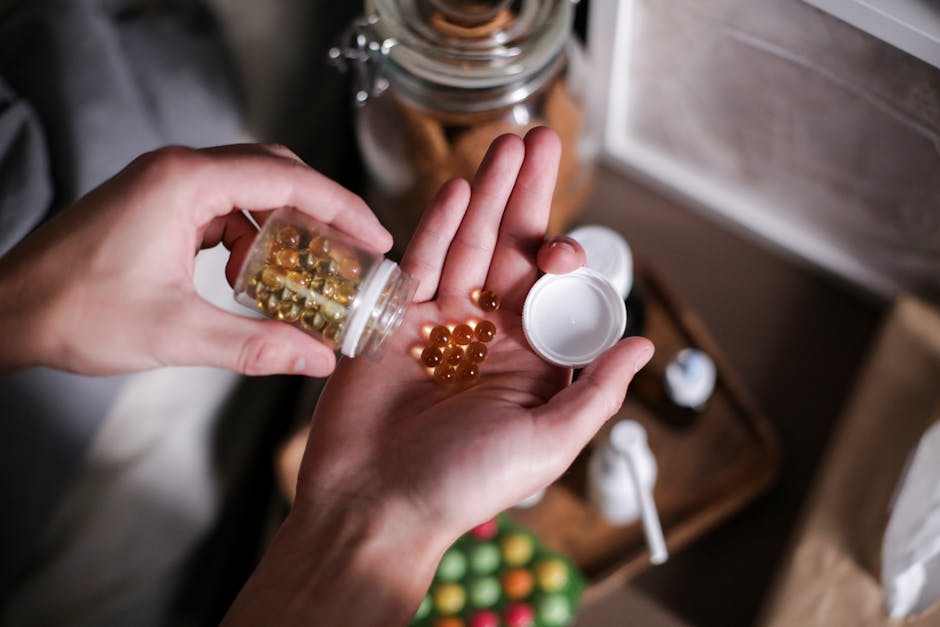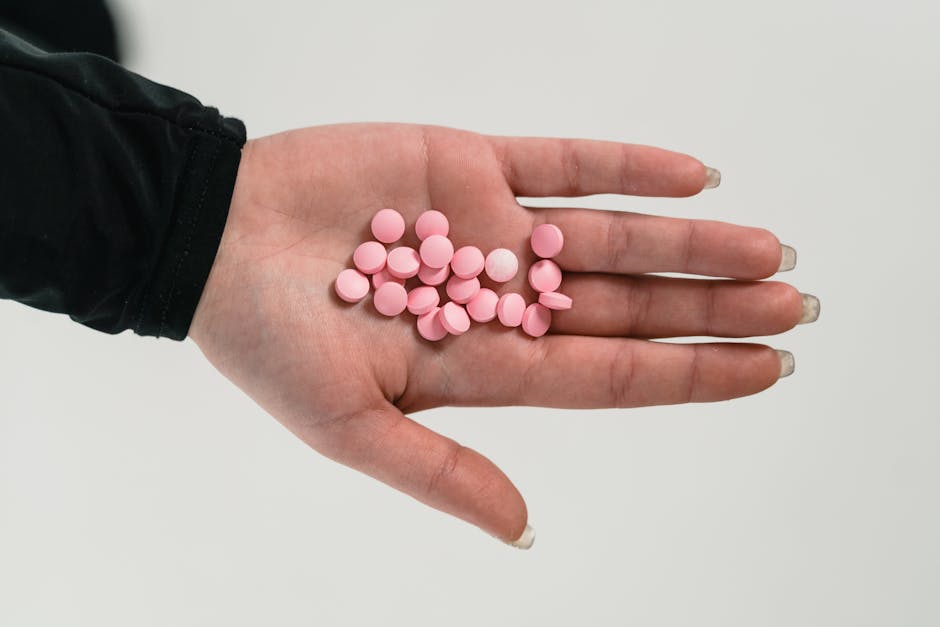Nutrition Tips for Supporting Addiction Recovery
Recovering from addiction is a challenging journey that requires a comprehensive approach. While therapy, support groups, and medication play crucial roles in the recovery process, the significance of nutrition often gets overlooked. The food we consume has a direct impact on our physical and mental well-being, making it an essential component of addiction recovery. In this article, we will delve into the importance of nutrition in supporting addiction recovery and explore valuable tips to help individuals navigate this critical aspect of their journey towards sobriety.
The Relationship Between Nutrition and Addiction

Before diving into specific nutrition tips, it’s crucial to understand the relationship between nutrition and addiction. Substance abuse can wreak havoc on the body, leading to nutrient deficiencies, imbalanced neurotransmitters, and compromised organ function. Poor nutrition can exacerbate the negative effects of addiction, making it harder for individuals to recover.
Research has shown that certain nutrients play a vital role in the recovery process by supporting brain health, stabilizing mood, and reducing cravings. For example, omega-3 fatty acids found in fish oil have been linked to improved cognitive function and reduced inflammation, which can benefit individuals struggling with addiction. Similarly, amino acids like tyrosine and tryptophan are precursors to neurotransmitters like dopamine and serotonin, which play a key role in mood regulation and addiction.
By focusing on nutrition, individuals in recovery can enhance their physical and mental well-being, making it easier to resist cravings, manage stress, and maintain sobriety in the long run.
The Impact of Sugar and Processed Foods on Recovery

One of the biggest challenges individuals face in recovery is dealing with cravings, particularly for sugar and processed foods. These foods can trigger the same reward pathways in the brain as drugs and alcohol, leading to cravings and potential relapse.
Excessive sugar consumption can destabilize blood sugar levels, leading to mood swings, fatigue, and cravings. Processed foods high in additives, preservatives, and artificial ingredients can also have a negative impact on physical and mental health. By reducing sugar and processed food intake, individuals in recovery can stabilize their mood, improve energy levels, and reduce cravings for addictive substances.
Instead, focusing on whole, nutrient-dense foods like fruits, vegetables, lean proteins, and whole grains can provide the body with essential vitamins, minerals, and antioxidants that support the recovery process.
The Role of Hydration in Recovery

Hydration is another crucial aspect of nutrition that often gets overlooked in addiction recovery. Dehydration can exacerbate withdrawal symptoms, impair cognitive function, and affect mood regulation. Many individuals in recovery may have neglected their hydration needs while actively using substances, making it essential to prioritize adequate water intake during the recovery process.
Drinking enough water can help flush out toxins from the body, improve digestion, and support overall health and well-being. Staying hydrated can also reduce cravings, improve focus, and boost energy levels, making it easier for individuals to stay on track with their recovery goals.
It’s recommended that individuals in recovery aim to drink at least eight glasses of water per day and more if they are engaging in physical activity or live in a hot climate.
The Importance of Balanced Meals and Snacks

Eating balanced meals and snacks throughout the day is essential for stabilizing blood sugar levels, maintaining energy levels, and supporting overall health. Many individuals in recovery may struggle with irregular eating patterns, skipping meals, or relying on unhealthy snacks to cope with cravings or stress.
By focusing on balanced meals that include a combination of protein, carbohydrates, and healthy fats, individuals can provide their bodies with the nutrients needed for optimal functioning. Protein-rich foods like lean meats, eggs, and legumes can help repair tissues and support muscle growth. Carbohydrates from fruits, vegetables, and whole grains provide energy and fiber for digestive health. Healthy fats from sources like avocados, nuts, and seeds support brain health and hormone production.
Incorporating nutritious snacks like Greek yogurt with berries, carrot sticks with hummus, or a handful of nuts can help individuals stay satiated between meals and prevent unhealthy food cravings.
The Impact of Supplements on Recovery
While getting essential nutrients from whole foods is ideal, some individuals in recovery may benefit from supplementation to address specific deficiencies or support their overall health. Certain vitamins, minerals, and amino acids can play a crucial role in the recovery process by supporting brain function, reducing cravings, and improving mood.
For example, vitamin B complex supplements can help support energy levels and mood stability, which are often compromised in individuals recovering from addiction. Magnesium supplements can help reduce anxiety and promote relaxation, while L-glutamine can help reduce cravings for sugar and alcohol.
It’s essential to consult with a healthcare provider or nutritionist before starting any supplementation regimen to ensure that the supplements are safe and appropriate for individual needs.
Meal Planning and Preparation Tips for Recovery
Meal planning and preparation can play a significant role in supporting nutrition goals during addiction recovery. By taking the time to plan and prepare nutritious meals and snacks in advance, individuals can ensure that they have healthy options readily available, reducing the temptation to reach for unhealthy foods.
Here are some meal planning and preparation tips for individuals in recovery:
1. Plan out meals for the week ahead to ensure a variety of nutrient-dense options.2. Make a grocery list and shop for ingredients that align with your nutrition goals.3. Prep ingredients in advance, such as chopping vegetables, cooking grains, or marinating proteins.4. Batch cook meals and portion them out for easy grab-and-go options throughout the week.5. Keep healthy snacks on hand, such as nuts, seeds, fruit, or vegetable sticks, for quick and convenient choices.
By incorporating meal planning and preparation into their routine, individuals in recovery can set themselves up for success in maintaining a balanced and nutritious diet.
Common Misconceptions About Nutrition and Recovery
There are several common misconceptions about nutrition and recovery that can hinder individuals from making positive changes to support their journey towards sobriety. One common misconception is that healthy eating is expensive or time-consuming. While nutritious foods can sometimes have a higher price tag, there are plenty of budget-friendly options like frozen fruits, vegetables, and whole grains that can provide essential nutrients without breaking the bank.
Another misconception is that individuals in recovery need to follow strict diets or eliminate entire food groups to be healthy. In reality, a balanced approach that includes a variety of foods from all food groups is essential for meeting nutrient needs and supporting overall health. Restrictive diets can lead to feelings of deprivation and may not be sustainable in the long run.
It’s important for individuals in recovery to focus on nourishing their bodies with wholesome foods that support their physical and mental well-being, rather than getting caught up in the latest diet trends or fads.
Frequently Asked Questions About Nutrition and Recovery
Q: Can nutrition really make a difference in addiction recovery?
A: Yes, nutrition plays a crucial role in supporting the recovery process by providing essential nutrients that support brain health, stabilize mood, and reduce cravings.
Q: What are some healthy snack options for individuals in recovery?
A: Healthy snack options include Greek yogurt with berries, carrot sticks with hummus, a handful of nuts, or whole grain crackers with nut butter.
Q: How can hydration impact the recovery process?
A: Staying hydrated can help flush out toxins, improve digestion, reduce cravings, and support overall health and well-being during the recovery process.
Conclusion
To wrap things up, nutrition plays a vital role in supporting addiction recovery by providing essential nutrients that promote physical and mental well-being. By focusing on balanced meals, staying hydrated, reducing sugar and processed food intake, and incorporating supplements as needed, individuals in recovery can enhance their chances of success on their journey towards sobriety.
It’s essential for individuals in recovery to prioritize their nutrition and seek support from healthcare providers or nutritionists to develop a personalized plan that meets their unique needs. By taking small steps towards improving their diet and making healthy choices, individuals can empower themselves to overcome addiction and lead a fulfilling and healthy life.




